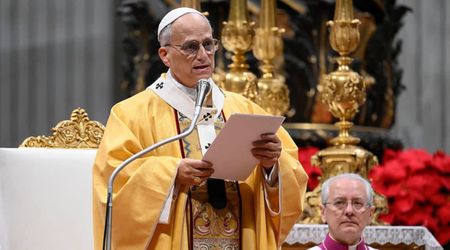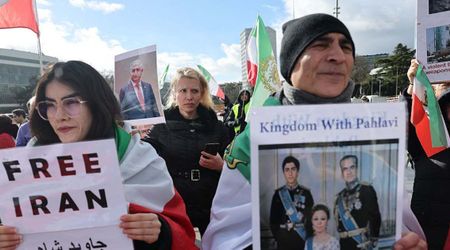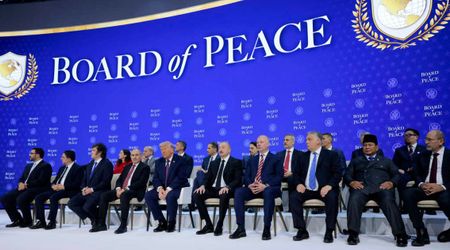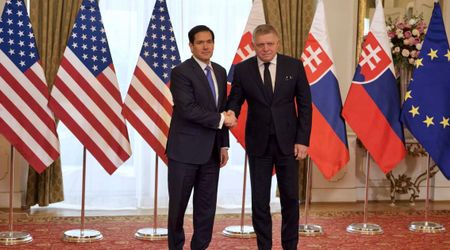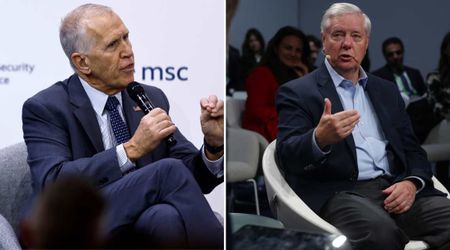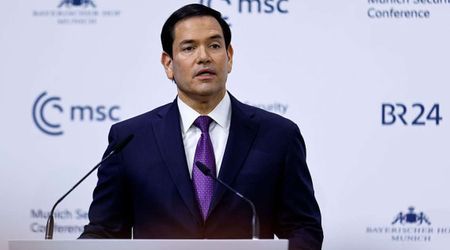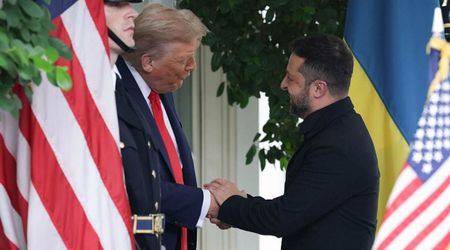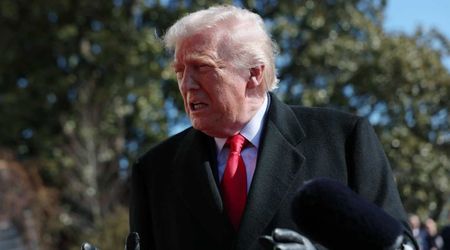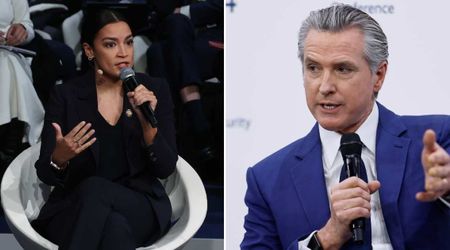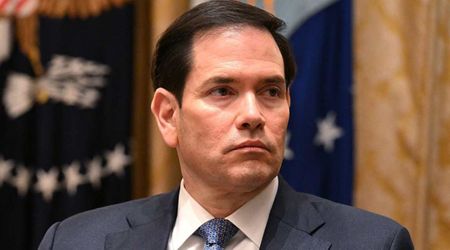Trump left disappointed as Putin balks despite his claims of headway in Russia-Ukraine negotiations
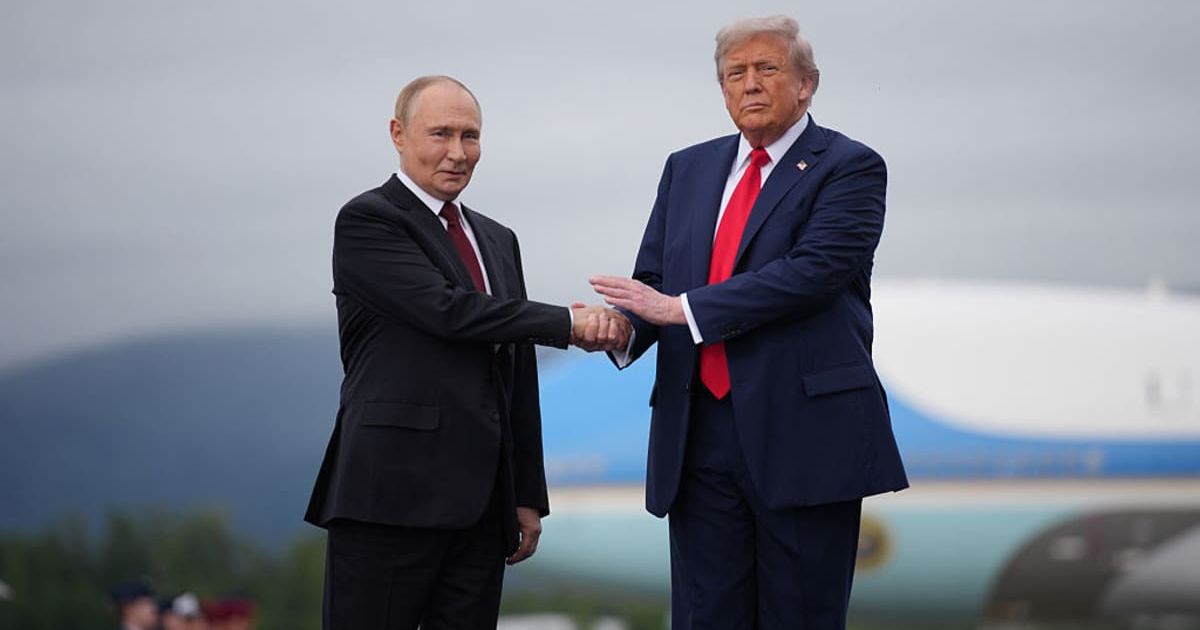
WASHINGTON, DC: President Donald Trump began the week projecting confidence that his diplomatic push could bring Moscow and Kyiv closer to peace.
Fresh off meetings with Ukrainian President Volodymyr Zelenskyy, European leaders, and a phone call with Russian President Vladimir Putin, Trump announced he was arranging a face-to-face meeting between the two wartime adversaries.
Trump’s peace push with Russia and Ukraine falters as Putin resists direct talks
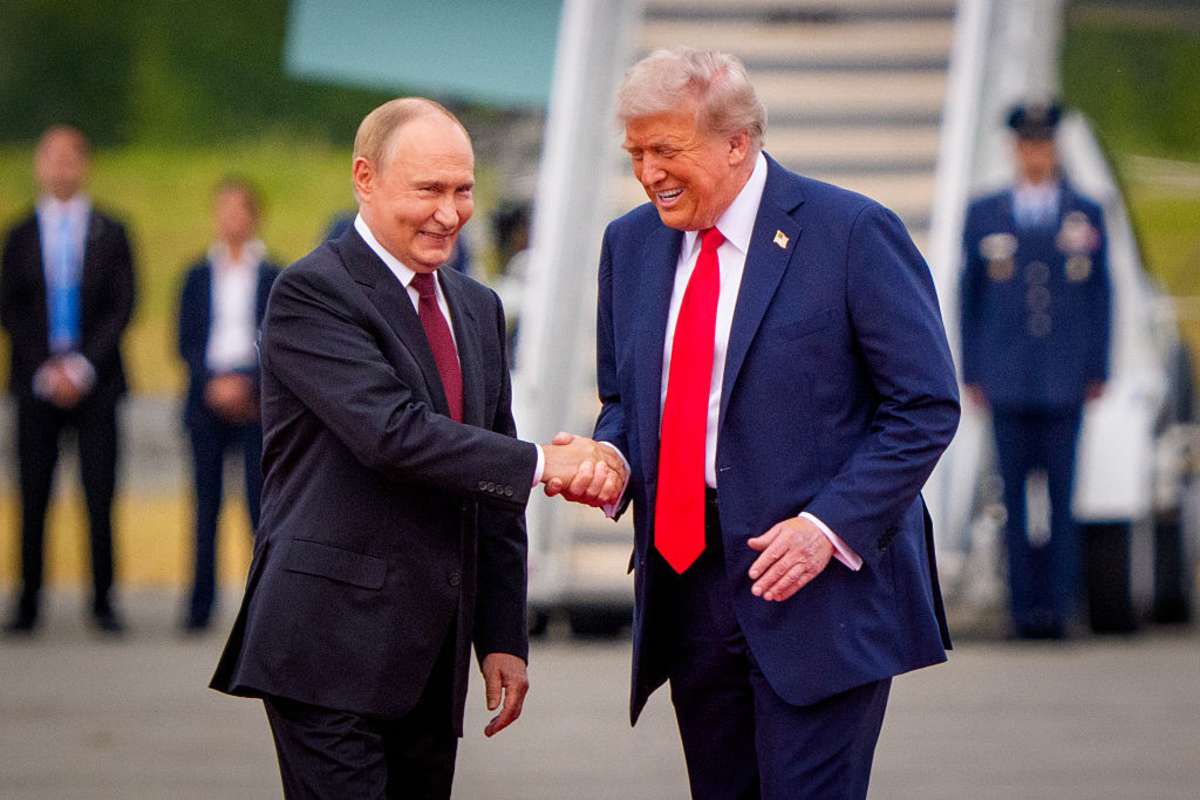
The announcement was initially welcomed in European capitals, where leaders cautiously praised Trump’s assurances about postwar security guarantees for Ukraine. His tone was viewed as more balanced compared with his earlier Alaska summit with Putin, where he appeared sympathetic to Russian territorial demands. European officials even voiced guarded hope that Trump was gaining ground toward eventual three-way talks involving Washington.
By August 22, however, that optimism had dimmed. Russian Foreign Minister Sergey Lavrov bluntly stated that Putin would not sit down with Zelenskyy unless Kyiv first addressed long-standing Russian conditions.
🇺🇦🇷🇺** LAVROV: Putin, Zelenskyy Summit NOT Planned Yet Because Summit Agenda is Currently Inexistent **
— Lenka White (@white_lenka) August 22, 2025
Meeting is not planned because Zelenskyy said NO to all conditions, including those suggested by President Trump.
“Putin is ready to meet with Zelensky when the agenda would… pic.twitter.com/W5pZpDIBrB
Speaking in an interview taped for NBC’s 'Meet the Press' with Kristen Welker, Lavrov said, “There is no meeting planned. Putin is ready to meet with Zelenskyy when the agenda is ready for a summit, and this agenda is not ready at all.”
He insisted that senior officials must first narrow the deep divides over core issues before any meeting can take place. Lavrov rejected Western discussions about postwar security guarantees for Ukraine, dismissing them as meaningless without Russia’s involvement.
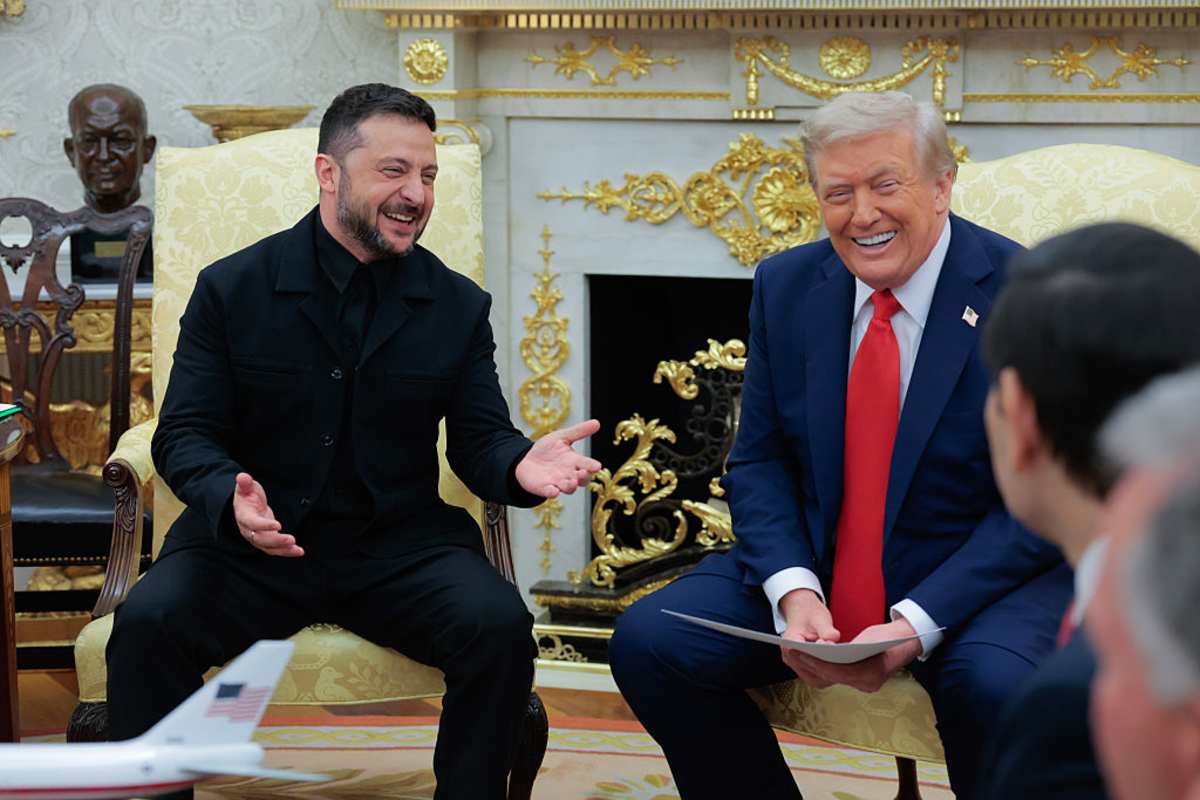
Even as Trump pressed his case for diplomacy, Russia escalated militarily. On August 21, it unleashed one of its largest aerial offensives of the year, deploying 574 drones alongside 40 ballistic and cruise missiles, primarily targeting western Ukraine.
Zelenskyy accused Moscow of deliberately stalling negotiations. “The Russians are trying to do anything to avoid the meeting. The issue is not the meeting itself, the issue is that they do not want to end the war,” Zelenskyy said while hosting NATO Secretary General Mark Rutte in Kyiv.
Reporter: Is there a possibility that you do nothing if Putin doesn’t come to the table?
— Acyn (@Acyn) August 22, 2025
Trump: I’ll see whose fault it is. I know exactly what I’m doing. I’ll know in 2 weeks pic.twitter.com/qcPleTfze2
Trump, in response, warned that he would make decisions within two weeks if no progress on talks is made. He hinted at potential new sanctions or tariffs against Russia, though he has previously floated such measures without acting on them. “We’re going to see whether or not they have a meeting,” Trump told reporters in the Oval Office. “If they don’t, why didn’t they have a meeting, because I told them to have a meeting. But I’ll know what I am going to do in two weeks.”
Europe warns against Putin’s ‘trap’
While Trump seeks to “break the deadlock,” European leaders remain wary of where negotiations could lead.
The European Union’s foreign policy chief cautioned on Friday, August 22, that talk of Ukraine conceding territory as part of a peace settlement risks falling into what she described as Putin’s “trap.”
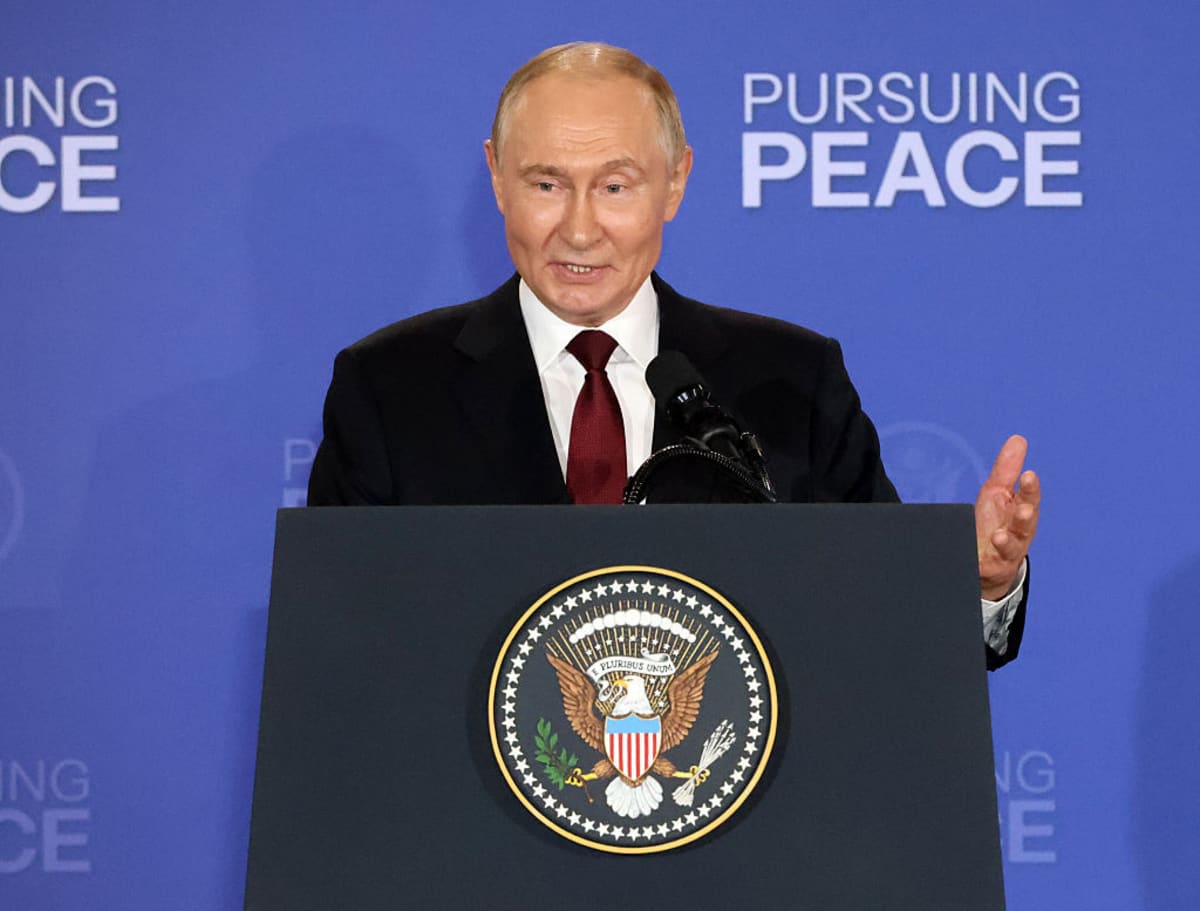
European Commission Vice-President Kaja Kallas argued that focusing on what Kyiv should give up ignores the fact that Russia, as the aggressor, has offered no concessions. “The discussion is all about what Ukraine should give up, what concessions it is willing to make, whereas we are forgetting that Russia has not made one single concession. They are the ones brutally attacking another country and killing people,” she told the BBC.
Nigel Gould-Davies, a senior fellow at the International Institute for Strategic Studies and former UK ambassador to Belarus, echoed the sentiment, noting, “He hasn’t moderated his position in any significant way.”

